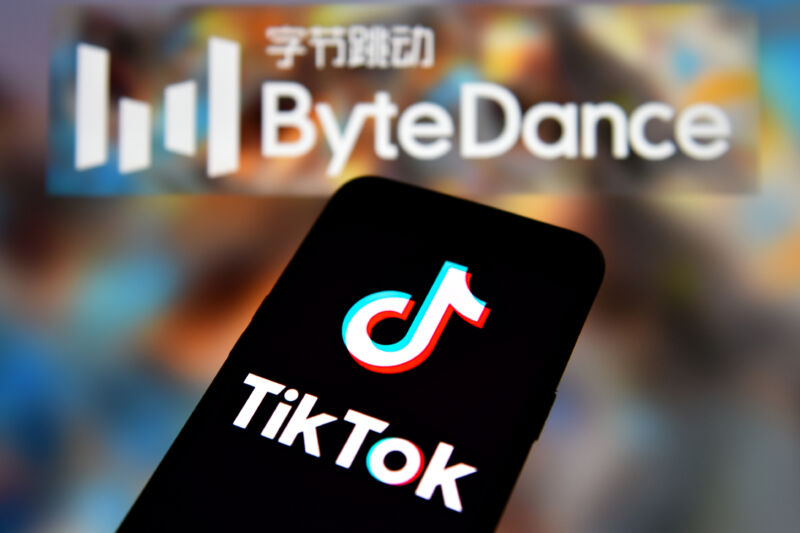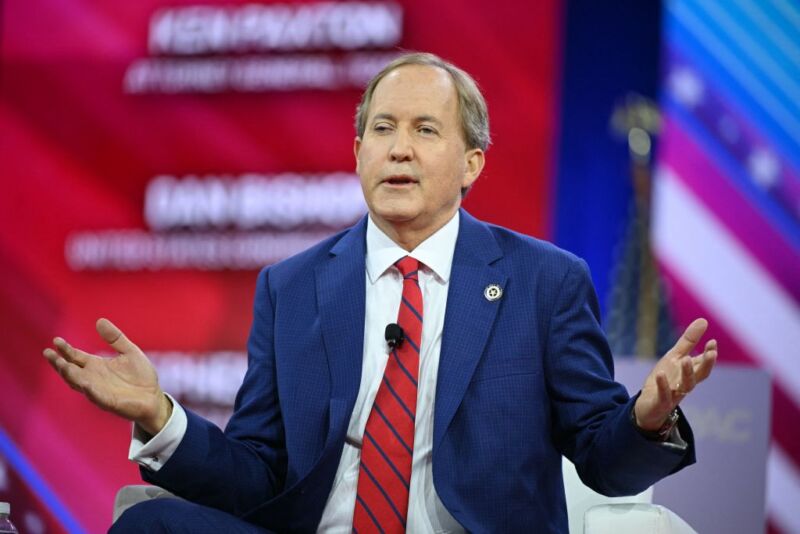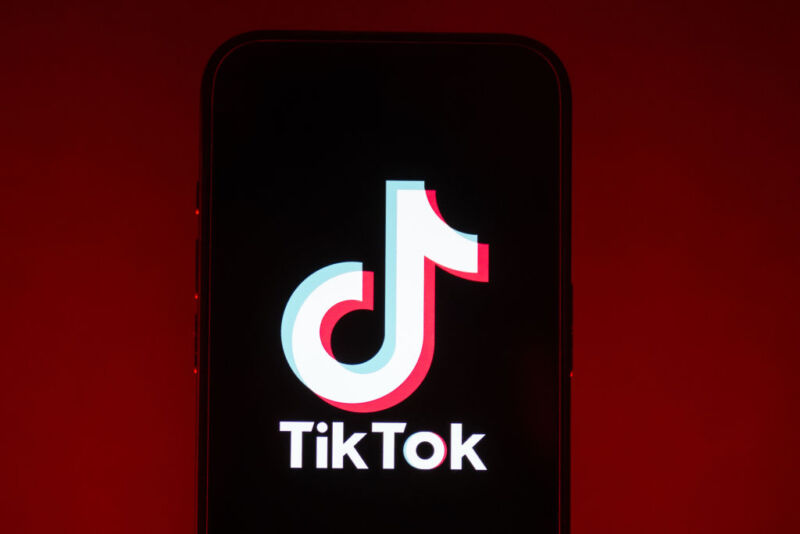 Action role-playing game Genshin Impact is enjoyed by tens of millions of players each month. Fans are engaged and always hungry for new content so when an opportunity arises to get a sneak peek, there’s no shortage of takers.
Action role-playing game Genshin Impact is enjoyed by tens of millions of players each month. Fans are engaged and always hungry for new content so when an opportunity arises to get a sneak peek, there’s no shortage of takers.
For Genshin Impact publisher Cognosphere, pre-release leaks are unacceptable. To suppress current leaks and to deter others from leaking content in the future, the company uses the DMCA’s takedown provisions and DMCA subpoenas respectively.
Cognosphere obtains the latter to compel online platforms, typically social media companies, to hand over whatever information they hold on alleged infringers. What happens when that information is handed over to Cognosphere is mostly unknown.
According to law, the company may only use the information to protect its copyrights, but that leaves plenty of scope for a range of actions, up to and including multi-million dollar lawsuits in appropriate circumstances. The ease with which DMCA subpoenas are obtained and executed remains controversial; a signature from the clerk of a court is usually the only requirement. There are rare exceptions, however.
Cognosphere Targets Alleged Leakers on X/Twitter
Last November, Cognosphere filed an application for a DMCA subpoena at a California district court. The aim was to compel X/Twitter to “disclose the identity, including the name(s), address(es), telephone number(s), and e-mail addresses(es)” connected to four accounts: @HutaoLoverGI, @GIHutaoLover, @HutaoLover77, and @FurinaaLover.
Cognosphere said it had reason to believe that the accounts were operated by a single person, or were under common control. The bottom line was to identify the alleged infringer or infringers, to
prevent leaked content being made available online
.
The DMCA subpoena was issued on November 7, 2023. It required X Corp. to hand over the information detailed below by November 22, 2023.
On November 21, 2023, one day before X Corp. was expected to hand over the personal details behind the accounts, the company responded to the subpoena with written objections. Specifically, it would not be handing over the user information behind any of the accounts listed in the subpoena.
Basis for Dispute: Cognosphere
Following X Corp.’s initial objections, the parties attempted to iron out their differences, including during an in-person meeting on December 28, 2023. When that concluded without resolution, the parties agreed that their dispute should be put before the Court.
In a joint letter to Magistrate Judge
Peter H. Kang
at the U.S. District Court for the Northern District of California, the parties explain their positions. Cognosphere essentially outlines its compliance with the DMCA subpoena process, noting that for the purposes of the letter, it has offered to focus on two of the four accounts listed in the subpoena; @HutaoLover77 and @FurinaaLover.
Cognosphere asserts that leaked, copyright-infringing artwork and game visuals were posted to these accounts and to the best of its knowledge, no DMCA counter-notifications were filed by the operator(s) in response to its initial DMCA takedown notices. One of the accounts, @HutaoLover77, has been suspended by X for violation of unspecified rules, however.
According to the publisher, its request, “…complied with requirements for obtaining a DMCA subpoena under 17 U.S.C. §512(h). It included [a sworn declaration] and copies of DMCA notifications asserting under penalty of perjury that each was being submitted on the good faith belief that the use of the material in the manner complained of was not authorized by the copyright owner, their agent, or the law. 17 U.S.C. §512(c)(3)(A)(v).”
Basis for Dispute: X Corp.
X Corp.’s position is both straightforward and complex. The primary reason for its non-compliance with the DMCA subpoena strikes at the very heart of the process through which they’re obtained; a signature from a clerk in response to a valid application, with no requirement for a judge to get involved.
“Cognosphere is attempting to unmask third party, anonymous speakers via a subpoena issued under the DMCA,” X Corp. informs the court.
“X Corp., however, is not in a position to determine whether Cognosphere has made the required constitutional and evidentiary showings to unmask those speakers, and has thus stood on its timely free speech objections, such that the parties can obtain a determination from the Court.”
MrMoneyBags: Preventing DMCA Subpoena Abuse
Protecting its users’ right to anonymous speech is important to X / Twitter. In 2020, a DMCA subpoena targeted a Twitter user known only as ‘MrMoneyBags’ with the aim of obtaining their identity based on allegations of copyright infringement. Suspicion that copyright was being abused to prevent ‘MrMoneyBags’ from continuing with unflattering commentary against certain third parties led to Twitter mounting a
vigorous and successful defense
on its user’s behalf.
X Corp. says the ‘MrMoneyBags’ case recognized that First Amendment safeguards apply in the context of a DMCA subpoena. Before it complies here, the company would like the Court to assess whether Cognosphere’s copyright claim is “sufficient to satisfy any First Amendment free speech safeguards applicable to the anonymous speakers” before balancing Cognosphere’s purported need for discovery against the anonymous users’ privacy rights.
“X Corp. cannot be required to perform those judicial functions upon mere receipt of a DMCA subpoena, and thus asks the Court to engage in the relevant analyses and decide these issues,” the company adds.
“[C]ognosphere must establish it has a compelling need for the user data it seeks, which could thereby unmask users’ identities. X Corp. does not take a position on whether Cognosphere has satisfied this requirement, and respectfully leaves it to the Court to analyze.”
Cognosphere: X Corp. Undermines the DMCA
The polarized opinions in this dispute stem from the very nature of DMCA subpoenas. Through the provision of a streamlined process, copyright holders have the ability to address online infringement through the rapid identification of alleged infringers, without filing a formal lawsuit that authorizes discovery based on the merits.
For X Corp., a process that grants subpoenas without safeguards, in particular the balancing of discovery requests against anonymous users’ privacy rights, risks violating those rights.
Cognosphere says that a “protracted balancing exercise” is not constitutionally required, describing X Corp.’s position as “extraordinary” and contrary to the intentions of Congress when it passed the DMCA.
The joint Cognosphere / X Corp. letter to Judge Kang is available
here
(pdf)
From:
TF
, for the latest news on copyright battles, piracy and more.
 chevron_right
chevron_right










